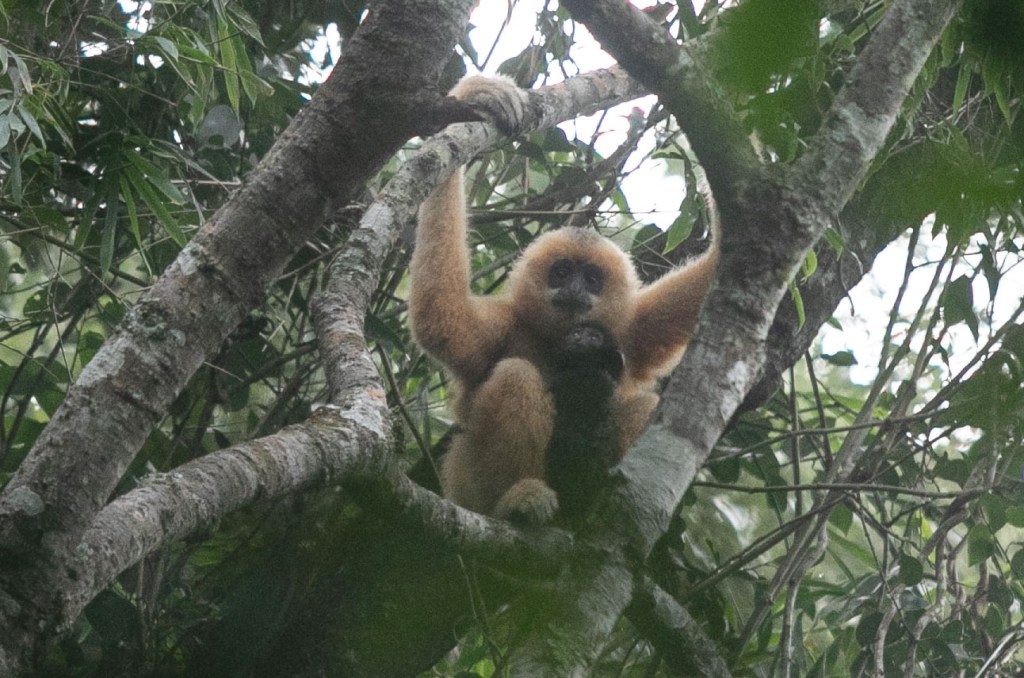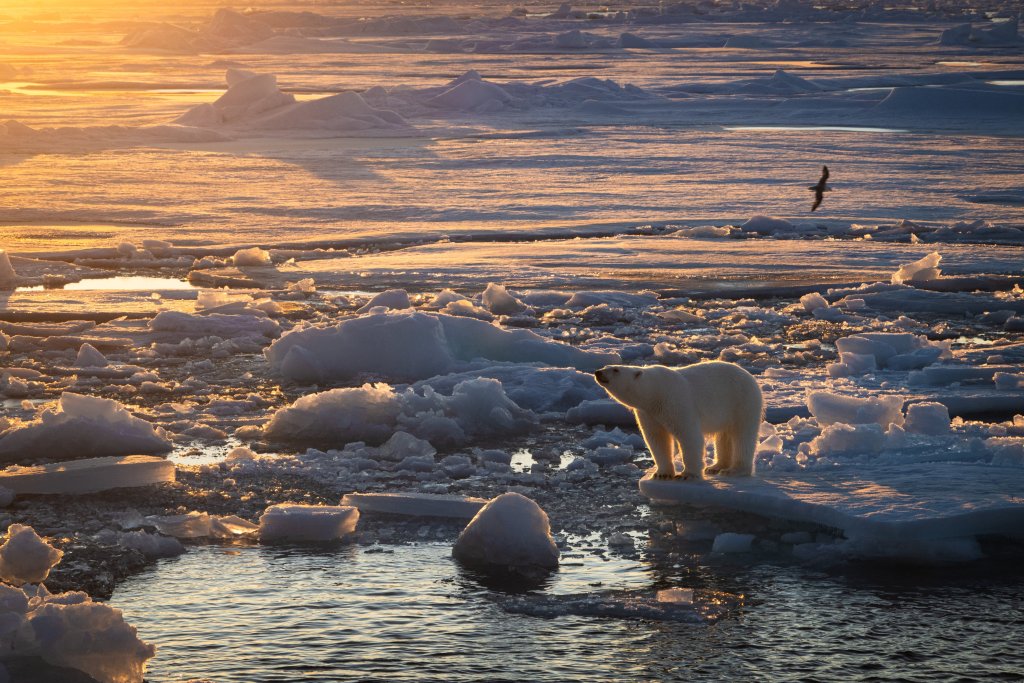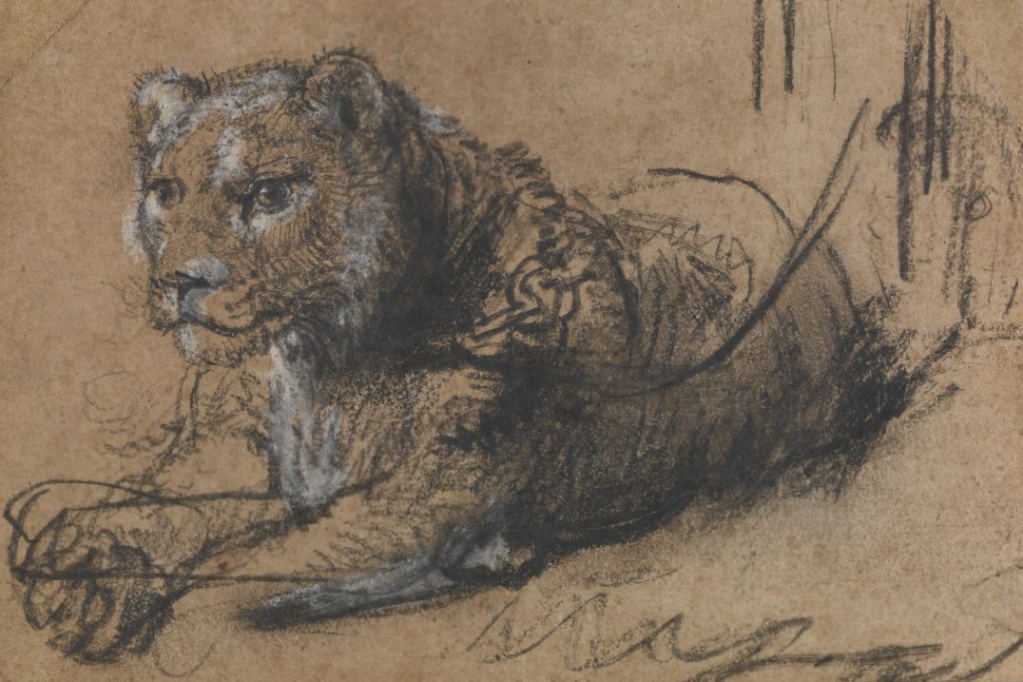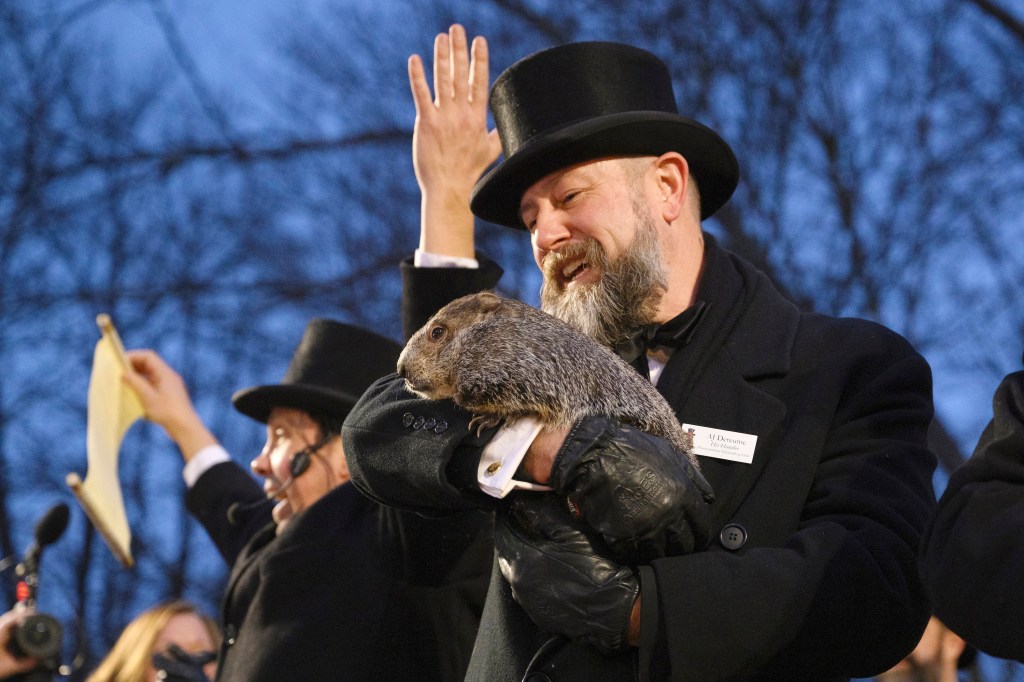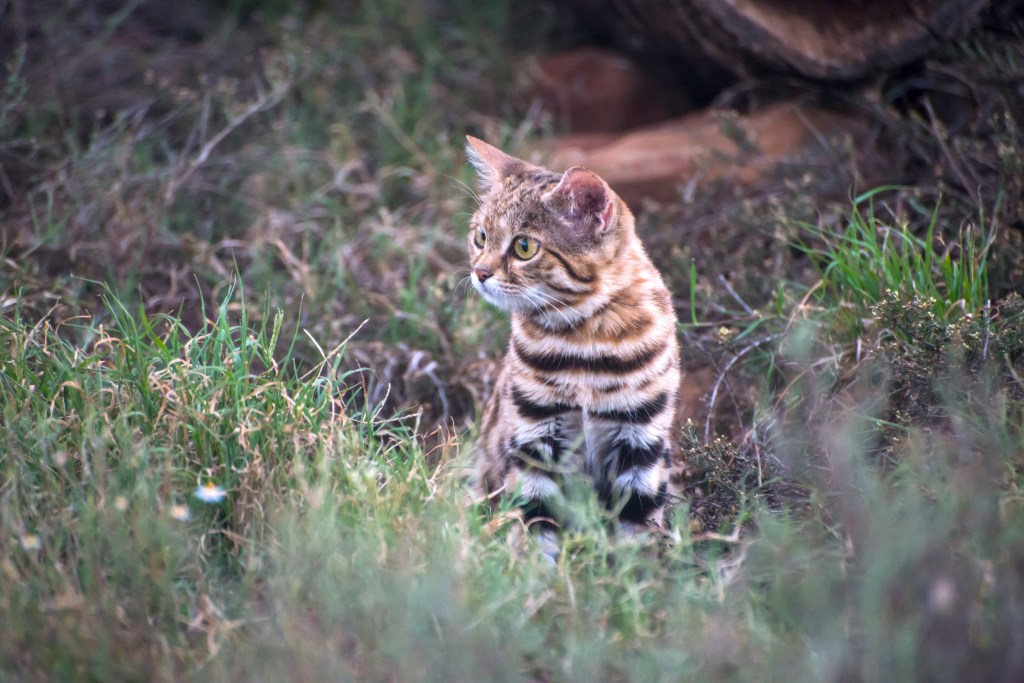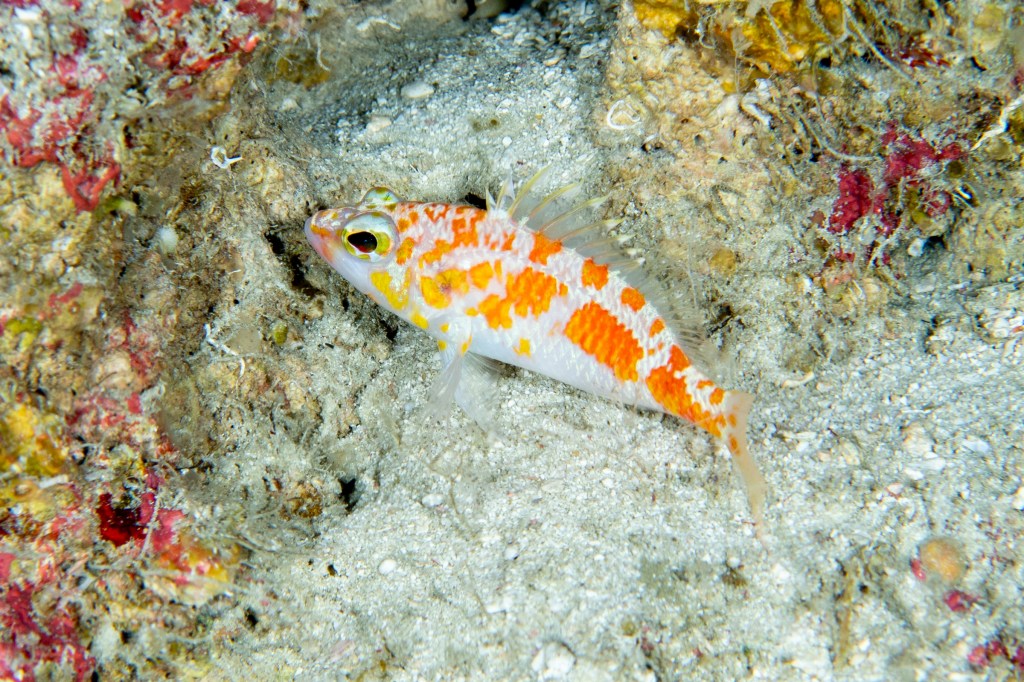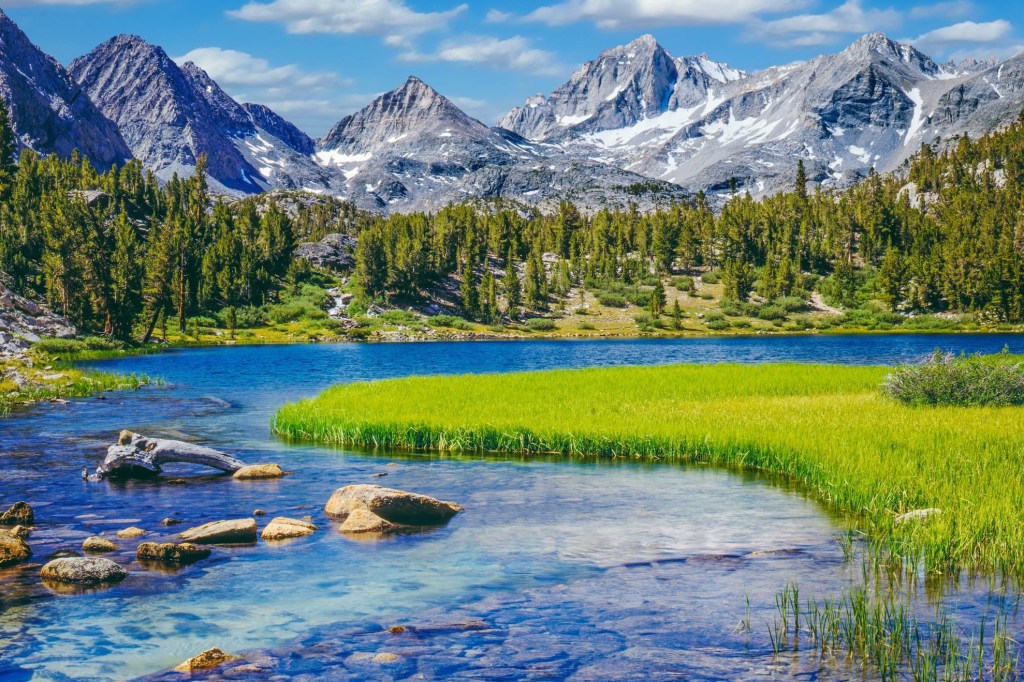The World’s Rarest Primate Is Making a Comeback … Again
You’re looking at the world’s rarest primate: the Hainan gibbon. Back in 2003, there were just 13 of these tree-dwelling apes living on the island of Hainan in the South China Sea due to deforestation and hunting. (For context, roughly 2,000 roamed the island in the 1950s.) But against the odds, the species has more […]
The World’s Rarest Primate Is Making a Comeback … Again Continue Reading »
